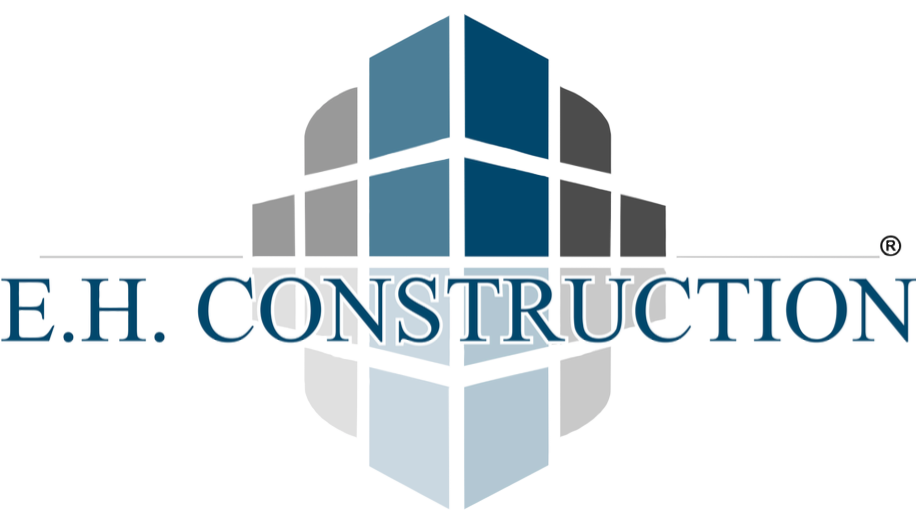Vinyl, Wood, or Iron Fences: What We Recommend and Why
Choosing the perfect fence is kind of like choosing a sidekick—you want something strong, dependable, and, let's be honest, good-looking too. Whether you're a homeowner building your dream house or a general contractor scoping out the best materials for a custom home build, the fence you choose plays a huge role in curb appeal, security, and even long-term maintenance costs.
So let’s break it down, contractor-to-contractor (or home builder to curious homeowner): Vinyl, Wood, or Iron—which fence should you go with and why?
Vinyl Fences: The Low-Maintenance MVP
Vinyl fences are the slick, modern cousin in the fencing family. They're lightweight but durable, and they don't ask for much—just an occasional rinse with a hose. For construction workers who want a quick install and clients who hate upkeep, vinyl is a top-tier choice.
✅ Why We Recommend It:
Doesn’t warp or rot like green board (pressure-treated lumber)
Resistant to termites and damp proofing issues
Quick to install on any foundation or footer (footing) with the right form
🏗️ Contractor Tip: Use ready mix concrete for solid vinyl post bases—especially on sites with expansive soils. We’ve seen vinyl fences buckle without the right flatwork.
Wood Fences: The Classic Charmer
Ah, wood. The warm, natural look. That classic sound when you knock on it to impress a client. Wood fences can be customized endlessly—from horizontal slats to decorative latticework. It’s a go-to for custom home builders, especially in more rustic floor plan designs.
✅ Why We Recommend It:
Can be stained or painted to match fascia, trim, or the frieze board (bird block)
Easily adaptable to changes or change orders mid-project
Works great in neighborhoods aiming for that passive house aesthetic
🏗️ Contractor Tip: Always use flashing and felt (underlayment) around the base if wood meets another structure. And in fire-prone zones? Go with fire-resistive (fire-rated) treated lumber.
Iron Fences: The Strong & Stylish Guardian
Wrought iron and steel fences are for those who want to make a statement. Think bold lines, vintage gates, and a “don’t mess with me” energy. Iron is strong—girder truss strong. But that also means it's heavier and needs a solid foundation and proper grade prep.
✅ Why We Recommend It:
Incredibly durable and long-lasting
Adds high-end value to any building construction project
Customizable with scrollwork or even CAD (computer-aided design) elements
🏗️ Contractor Tip: Always secure iron fences with reinforced footers, and consider glulam (glued laminated beam) posts when spanning wide entry points.
So… What Do We Recommend?
As any seasoned construction company or general contractor will tell you, it depends. But here’s our rule of thumb:
Go vinyl if you want minimal maintenance and a clean, modern look.
Choose wood for flexibility and that warm, natural vibe.
Opt for iron when strength and style need to be front and center.
And always remember—your fence is only as strong as the form, foundation, and grade it’s built on. Don’t skip your daily reports and always confirm fence locations with the blueprints or your BIM (building information modeling) file. Need help calculating cost to build a house with all that fencing? That’s what your friendly neighborhood contractor is here for.
Whether you're digging with a backhoe or laying out plans on CAD, choosing the right fence is about balancing looks, longevity, and local needs. Got questions? Reach out to your local builders (like us!) and we’ll walk the property with you, bid it right, and deliver craftsmanship that lasts.
Until then—stay grounded, stay level, and don’t forget to GFCI everything that needs GFCI-ing. 😉

